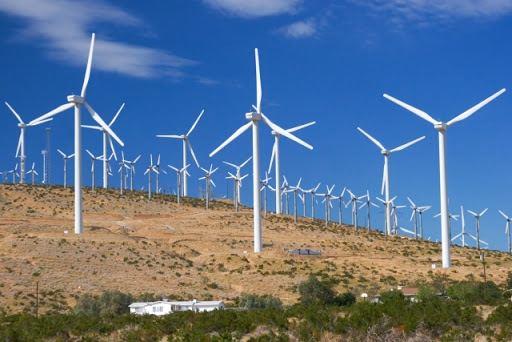(MENAFN- Trend News Agency) Türkiye mobilized its first publicly owned floating storage and
regasification unit (FSRU), as well as wind power plants to ensure
southeastern provinces are supplied with gas and electricity after
devastating earthquakes earlier this month, trend reports citing daily sabah .
On Feb. 6, magnitude 7.7 and 7.6 earthquakes struck Türkiye's
southeast nine hours apart, and severely hit northern Syria, razing
thousands of buildings and inflicting major damage to pipelines and
other energy infrastructure.
Gas supplies were halted as authorities and companies moved to
restore damaged main transmission lines and electricity networks in
the disaster zone. The supply has been restarted gradually to
regions dubbed safe.
At least 56,000 buildings, containing more than 225,000 homes,
were either destroyed by the quakes or too damaged to be used,
according to the government. The region is home to some 13.5
million, or around 15% of the country's population.
The government and dozens of aid groups have launched a massive
relief effort. The government said Wednesday that more than 5,400
shipping containers had been deployed as shelters and over 200,000
tents dispatched.
The Ertugrul Gazi FSRU has proved to be critical, having
supplied the disaster zone with gas at a time of bitterly cold
weather that made rescue and humanitarian efforts difficult after
the tremor.
Located in southern Hatay, one of the hardest-hit provinces, the
offshore support vessel underwent examinations before it was
rapidly put into operation to run at full capacity, state pipeline
operator BOTAŞ said in a statement Friday.
Anchored at the port in Dortyol, the platform itself managed to
meet the gas needs of the region after the disaster by supplying 28
million cubic meters (mcm) per day, its maximum capacity, the
statement said.
Adding significant flexibility to the country's energy supply
chain security, Ertugrul Gazi boasts about 110 mcm of storage
capacity. Its annual regasification capacity stands at 2.5 billion
cubic meters (bcm) and can alone meet nearly 10% of Türkiye's daily
natural gas consumption.
The massive 295-meter-long (965-foot-long), 63-meter-tall vessel
has pumped some 3.2 bcm of gas into the national transmission
system since it was put into operation in late June 2021, BOTAŞ
said.



















Comments
No comment